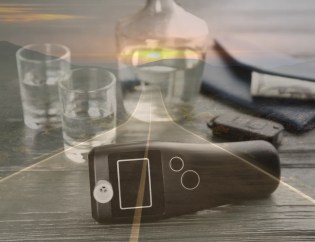
A DWI arrest doesn’t just ruin your summer plans; it can derail your future. If you’ve been arrested for driving while intoxicated in Texas, especially during the high-arrest summer months, it's critical to understand the legal process ahead. Knowing what to expect (and who to call) can make all the difference.
Here’s how the Texas DWI court process typically plays out, and how you can protect your rights along the way
If you are reading this, it is likely that you or someone you love has already been arrested. The arresting officer claimed to have reasonable suspicion to stop your vehicle, administered field sobriety tests, before placing you in handcuffs. You were also asked to submit to a breath or blood test and then placed in a holding cell until the bail was posted, or you were taken before a judge.
Pay close attention to how your arrest was handled. Mistakes made by law enforcement such as an unlawful stop or improper testing can be used to challenge or even dismiss your case
At your first court appearance, called an arraignment, the judge will read the charges against you and ask how you want to plead: guilty, not guilty, or no contest. Having an attorney with you at this point can make all the difference. This is your chance to hear what you’re being accused of and to respond.
The next step in the process is the plea hearing. You will once again be asked to respond to the charges. If you plead not guilty, your case will move forward, giving your attorney time to build a defense and fight for the best possible outcome.
Before trial begins, your attorney may file pre-trial motions to suppress certain evidence or challenge the way it was obtained. This step is important because it can expose weaknesses in the prosecution’s case and potentially limit what the jury is allowed to hear.
In addition, if this is your first offense and you have a clean record, you might be eligible for a Pretrial Diversion program. If you’re accepted and complete it successfully, you could avoid conviction and even have the arrest removed from your record.
If your case does end up going to trial, both sides will present evidence and call witnesses. Your lawyer can challenge the legality of the stop, the reliability of field sobriety tests, and any inconsistencies in police reports or lab results. Each case is different, but these are some of the most common paths to dismissal. After closing arguments, the jury will return a verdict.
You may be wondering how long the Texas DWI court process may take. Misdemeanor cases generally begin within 30-40 days of arrest, while felony cases may take several months to move forward. The timeline varies, but one thing is consistent: delays and complexity are common.
If you’re facing a DWI charge in Texas this summer, don’t go it alone. At Blizzard and Zimmerman Attorneys, Jacob Blizzard is Board-certified in criminal law and criminal appeals, giving you a serious edge in and out of court. If you’ve been charged, contact us for a free case review.







